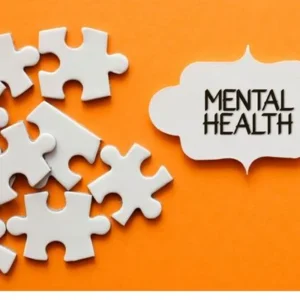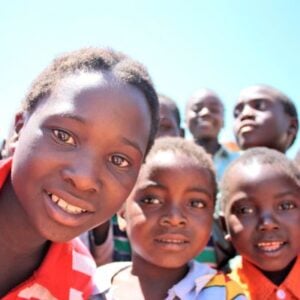In Morogoro, Tanzania, a significant step was taken to strengthen the country’s readiness for health emergencies through a two-day Risk Communication and Community Engagement (RCCE) training workshop. Organized by the World Health Organization (WHO) in collaboration with the Ministry of Health and supported by UK in Tanzania, the event focused on building local capacity in risk communication and community mobilization. Fifty key personnel from 23 regions participated, including health promotion coordinators and disease surveillance officers.
The training addressed the critical capacity gaps identified in a national Training Needs Assessment conducted in December 2023 by Muhimbili University of Health and Allied Sciences, with WHO support. The study revealed that only 21.3% of RCCE focal persons had received formal training, leaving the majority of regional and district-level staff without proper preparation in this area. This highlighted the urgency for structured training to ensure more effective community engagement in health crises.
Participants described the workshop as transformative. According to Evaristo Mwinuka from Singida region, many frontline health workers had never received formal RCCE training before. The training combined lectures, group discussions, case scenarios, and practical demonstrations. It also introduced essential tools like the RCCE Readiness Toolkit, crisis communication templates, and Mpox training materials to help participants design tailored interventions based on evidence and behavioral science.
The training led to significant improvements in knowledge. Before the session, over a third of participants lacked RCCE training, and few understood infodemic management. By the end, all participants showed enhanced comprehension of RCCE principles, with marked gains in applying behavioral insights to health communication. Jerry Mlembwa, WHO RCCE Facilitator, noted that trainees shifted from passive messaging to strategies rooted in understanding behavioral drivers.
Participants also expressed a deeper appreciation for the value of timely, targeted communication during emergencies. Mawazo Erick Haule from Njombe region remarked on how the training broadened his view beyond general health education to include misinformation management and the integration of behavioral science in outbreak response.
Beyond technical knowledge, the workshop fostered a sense of responsibility among attendees. Oscar Kapera from the Ministry of Health emphasized the importance of institutionalizing RCCE and scaling the effort nationwide. The ultimate goal is to equip all regional and district officers with the tools and knowledge necessary for effective communication in health crises.
Recommendations from participants included extending training durations for deeper learning, incorporating RCCE into the Ministry’s regular training plans, and developing mentorship programs. There was also a call for expanding RCCE training beyond the health sector to include water, education, livestock, and media, recognizing that effective risk communication requires a multisectoral approach. As Zakayo Mwaitosya from Songwe region noted, consistent and actionable messaging across sectors is essential for reaching communities and driving behavior change.







